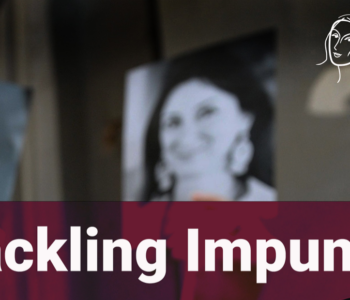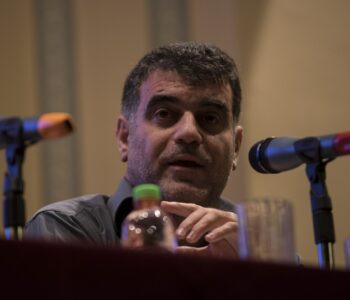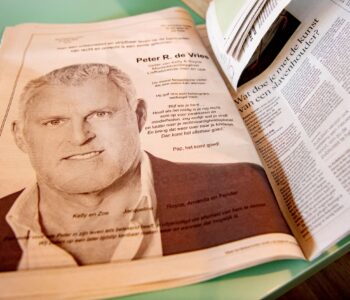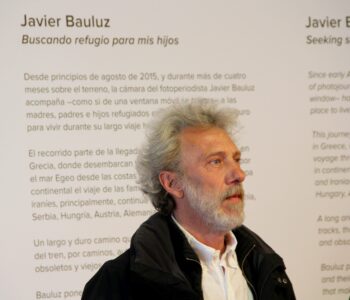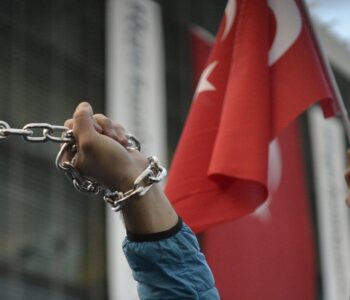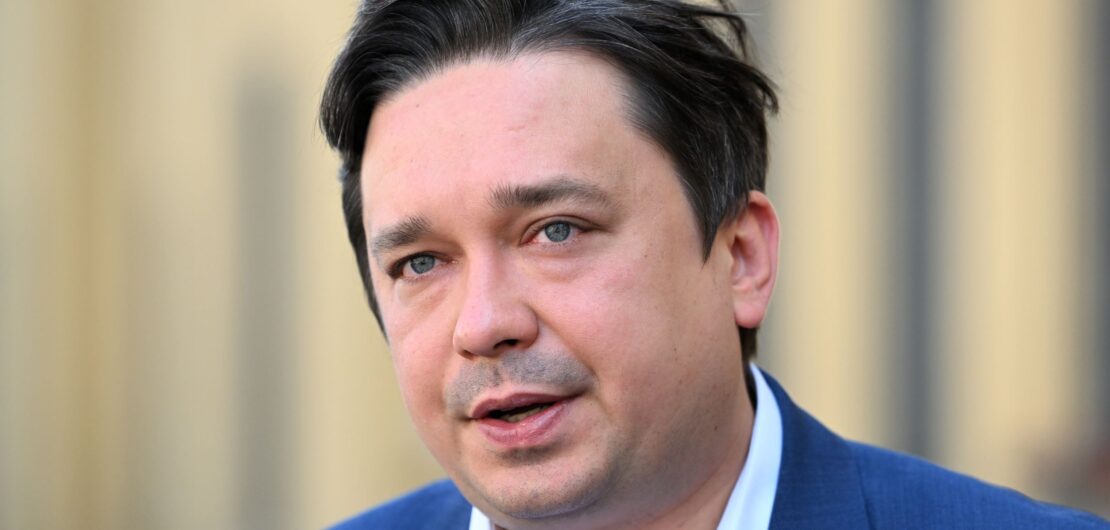 Library
Library
Poland: Ombudsman must appeal acquisition of newspaper by state-controlled…
Poland: Ombudsman must appeal acquisition of newspaper by state-controlled oil company
Partners of the Media Freedom Rapid Response (MFRR) have written to Marcin Wiącek, Polish Human Rights Ombudsman, expressing concern at his decision to refrain from appealing the acquisition of regional newspaper publisher Polska Press by PKN Orlen, a state-controlled media company.
Office of the Ombudsman
Aleja “Solidarności” 77,
00-090 Warszawa,
Poland
4 August 2022
Dear Polish Ombudsman, Marcin Wiącek
The undersigned organisations write to you regarding your decision to refrain from appealing the acquisition of regional newspaper publisher Polska Press by Poland’s state-controlled oil company PKN Orlen. Challenging this damaging decision is pivotal for upholding media freedom and competition in the media market in Poland. We therefore encourage you to reconsider an appeal before the deadline of 10 August.
On 7 June 2022, the Warsaw regional court of competition dismissed the appeal of the Polish Human Rights Ombudsman brought by your predecessor Adam Bodnar against the takeover of the biggest and most influential regional publisher in Poland, Polska Press. Our organisations take note of your official statement issued on 3 August 2022. We support your call for a public debate about better and stronger guarantees of media pluralism. We hope that such calls will be listened to by, first among many, the European Commission in its upcoming proposal for a European Media Freedom Act. We remain at your disposal to engage in a dialogue on this issue. Nevertheless, we must again underscore that lodging an appeal to contest the regional court’s decision, and asking for the annulment of the Poland’s competition authority’s approval of the Polska Press acquisition by PKN Orlen, is currently of utmost importance.
On 1 June 2021, ARTICLE 19 Europe submitted an amicus brief challenging the UOKiK’s decision which has been rejected by the court twice. It explained that the decision by Poland’s competition regulator, UOKiK was taken in violation of EU merger rules, as it completely failed to assess that the buyer, PKN Orlen, is de facto a state-controlled company (as confirmed, among others, by the same PKN Orlen in a recent merger case before the European Commission). In turn, this vitiated the entire assessment of the merger’s impact on competition in the Polish media market. Therefore, even without recurring to a media plurality test, ARTICLE 19 showed the court that the UOKiK’s decision should be annulled, and the competition assessment performed again, taking into due account the impact of the state control of Orlen.
Furthermore, ARTICLE 19 Europe argued that as media pluralism is guaranteed both by the EU Charter of Fundamental Rights and the European Convention of Human Rights, the Polish State, as well as its independent authorities, have the duty to include it in their assessment. The undersigned organisations support the legal arguments laid out by ARTICLE 19 Europe and underscore that the final ruling should comply with both EU law on mergers and with Poland’s obligations regarding European standards on media pluralism.
In addition, our organisations have previously warned that such acquisition would hand the ruling Law and Justice (PiS) party greater indirect control over the regional media landscape ahead of the 2023 national elections as well as lead to a purge of critical editors and journalists in local newspapers.
We are concerned that the acquisition of Polska Press by a state-controlled company headed by figures close to PiS leadership is a central element of PiS’s stated plans for “repolonization” of the media landscape. Though couched in language of pluralism and national sovereignty, these efforts have in reality been aimed at engineering the takeover of independent press by entities linked to the ruling party and strengthening the market influence of pro-government media.
This approach emulates developments in Hungary where regional newspapers were acquired by business interests with strong ties to the government and eventually turned into mouthpieces for supporting Fidesz’s political agenda. These fears were not misplaced: PKN Orlen did not abide by the court’s decision to suspend the purchase for the time of hearing the appeal and either dismissed or pushed out more than a dozen editors-in-chief at newspapers owned by Polska Press since March 2021, with many more leaving in protest, leading to a visible shift in coverage, self-censorship, and a marked drop in editorial standards at some titles.
We respect the vital role the Polish Ombudsman plays in promoting and protecting the enjoyment and full realisation, by all people in Poland, of all human rights, which includes the right to information. In this regard, we strongly believe that your intervention and appealing the court’s verdict is indispensable to ensure that the pillars of media pluralism and media independence in Poland are safeguarded. We thus hope you will reconsider your decision.
Our organisations will continue to closely monitor how the events unfold and would be glad to offer our expertise on media freedom and pluralism, as well as support in the appeal process.
We ask you to take our concerns into consideration and look forward to your response.
This statement was coordinated by the Media Freedom Rapid Response (MFRR), a Europe-wide mechanism which tracks, monitors and responds to violations of press and media freedom in EU Member States, Candidate Countries and Ukraine.

